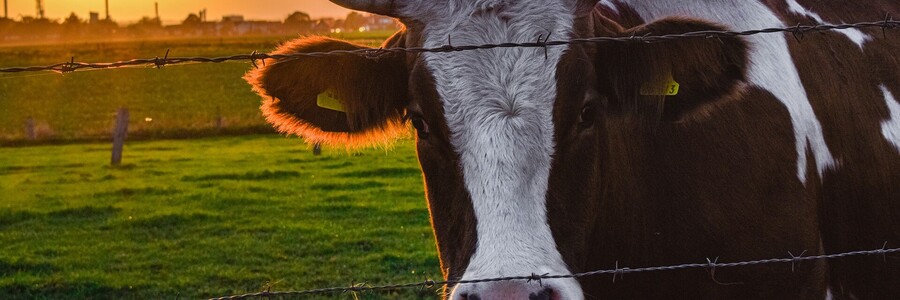Greenhouse gas emissions from agriculture have not decreased
The auditors found that greenhouse gas emissions from agriculture have not decreased since 2010, even though from 2014 to 2020, more than a quarter of all EU agricultural spending - more than €100 billion - went to climate action. Most of the measures supported by the Common Agricultural Policy have little climate protection potential, and the CAP does not provide incentives for effective climate-friendly practices.
Yet the EU plays a crucial role in mitigating climate change in the agricultural sector because it sets environmental standards and co-finances most of Member States' agricultural spending. According to the EU Court of Auditors, the new Common Agricultural Policy should put more emphasis on reducing agricultural emissions and be more transparent about how it contributes to climate change mitigation.
No procedures to mitigate climate change
The auditors examined whether the CAP in the period 2014 to 2020 supported climate change mitigation practices that could lead to a reduction in greenhouse gas emissions from three major sources (livestock, chemical fertiliser and manure use, and arable land and grassland use). They also considered whether the CAP provided better incentives for the use of effective mitigation techniques during this period than it did during the period 2007 to 2013.
Emissions from livestock account for about half of agricultural emissions and have not decreased since 2010. They are directly related to livestock size, and two-thirds of them come from cattle. If emissions from the production and import of animal feed are added, the share of emissions from livestock is even higher. However, as the auditors noted, the CAP does not aim to limit livestock, nor does it offer farmers incentives in this direction. On the contrary, the CAP promotes the sale of animal products, the consumption of which has not decreased since 2014.
Emissions from chemical fertilisers and manure, which account for almost a third of emissions from agriculture, have increased between 2010 and 2018. While the CAP supports practices that could reduce fertiliser use, such as organic farming and the cultivation of protein-rich grain crops, the impact of these practices on greenhouse gas emissions has not increased. However, the impact of these practices on greenhouse gas emissions is unclear, the auditors said. Instead, they said, practices that have been shown to be more effective, such as precision farming, where the amount of fertiliser is adjusted to the needs of the crop, have received little financial support.
CAP supports anti-climate measures
The CAP also supports anti-climate measures such as payments to farmers who use drained peatland for agriculture. Although such peatland accounts for less than 2% of the EU's agricultural land, it is responsible for 20% of greenhouse gas emissions from EU agriculture. Rural development funds could have supported the restoration of peatlands. However, this was rarely the case. CAP support for carbon sequestration measures such as afforestation, agroforestry and conversion of arable land to grassland had not increased compared to the period 2007 to 2013. EU law also does not currently apply the polluter pays principle to greenhouse gas emissions from agriculture.
Finally, the auditors found that the so-called cross-compliance rules and rural development measures had hardly changed compared to the previous period, even though the EU had set itself more ambitious climate targets. The greening scheme, which was designed to improve the environmental performance of the CAP, had not provided farmers with incentives to take effective climate-friendly measures. The impact of the scheme on the climate was therefore only marginal.
Click here for the press release of the European Court of Auditors

